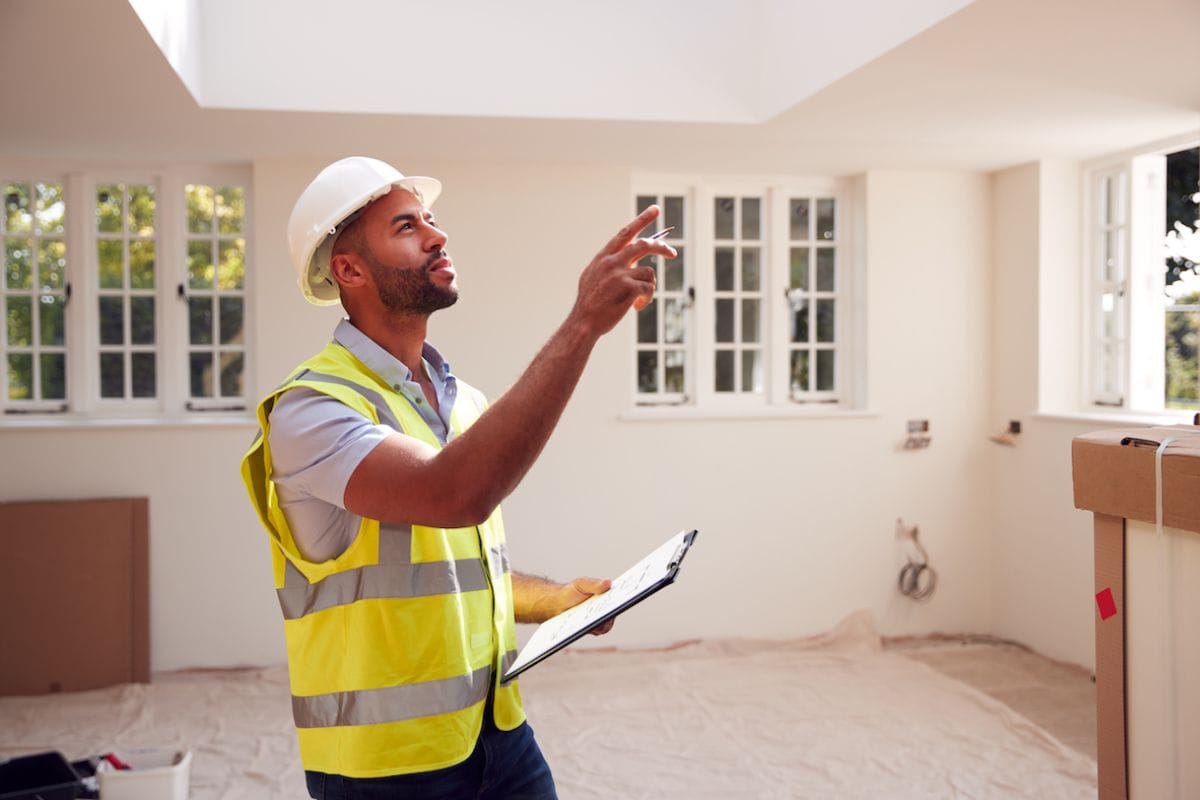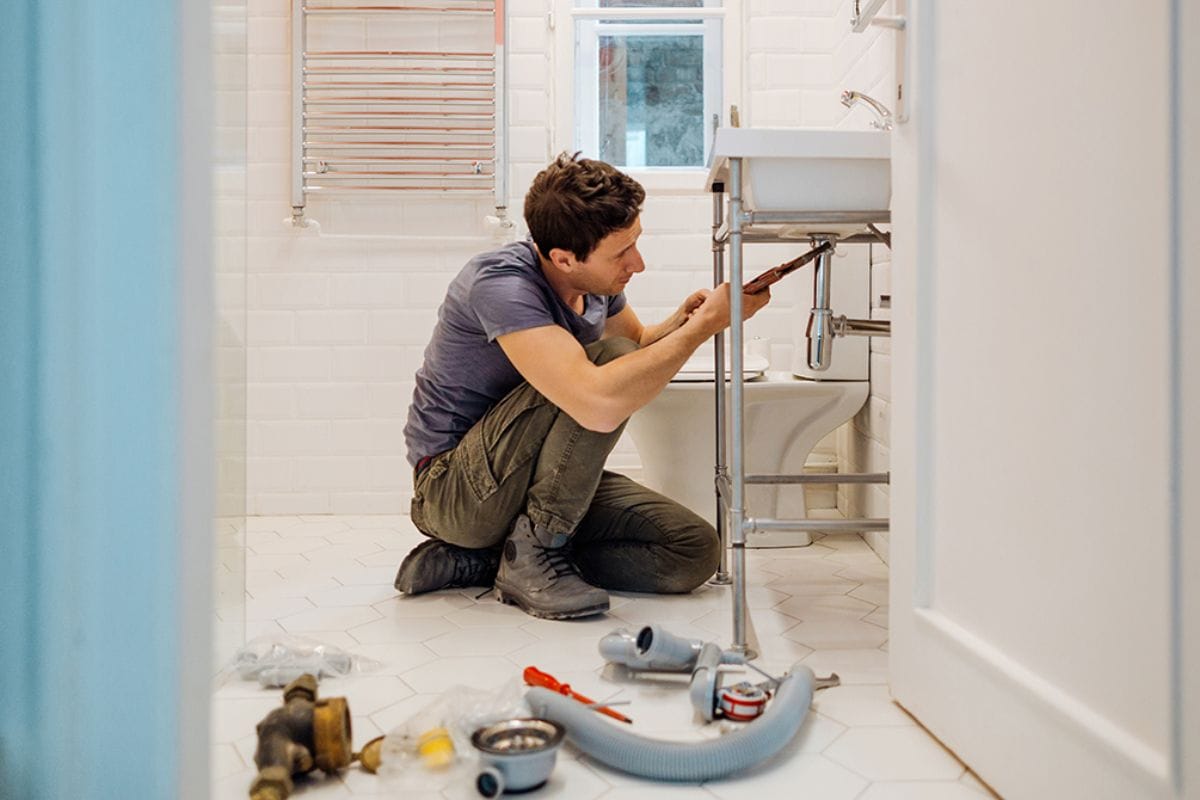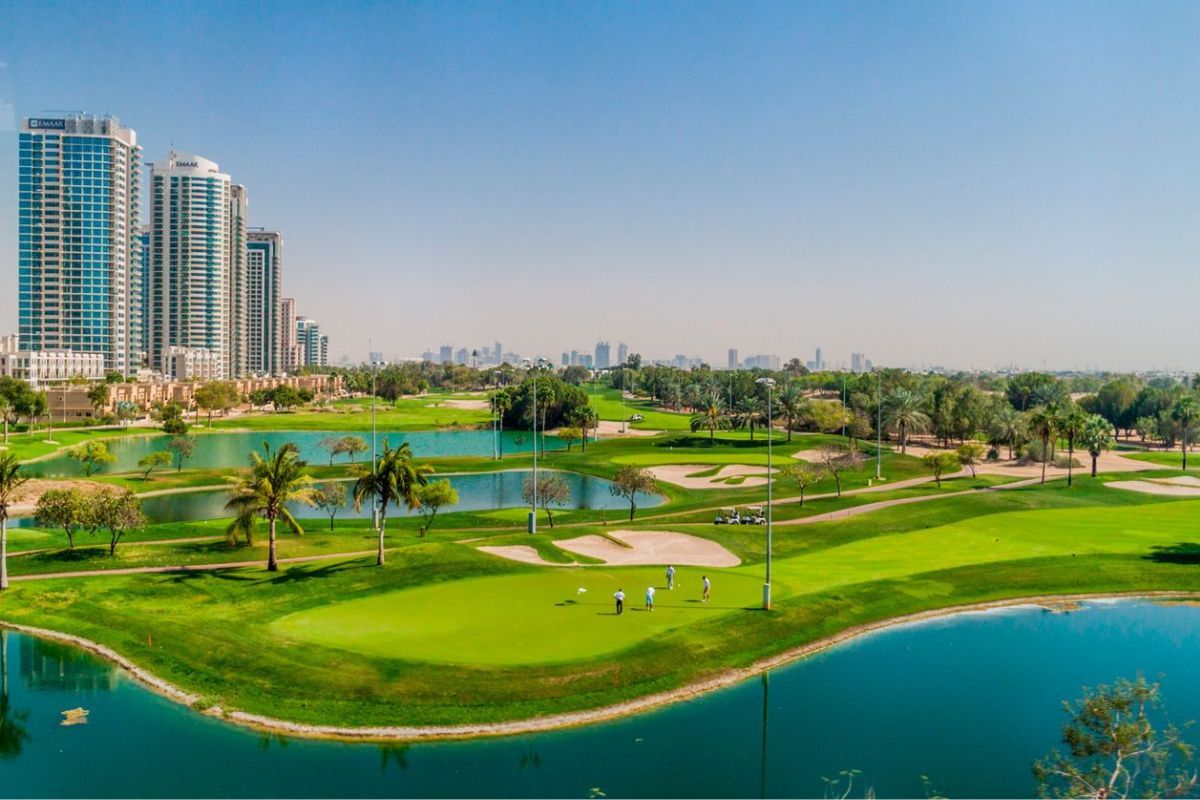Buying your first home is an exciting milestone, but the process can feel daunting, especially in a dynamic market like Dubai's. With a blend of luxury living and diverse neighborhoods, the city offers a range of options for first-time buyers—but how do you navigate this vast landscape?
From understanding your budget to choosing the right location and securing financing, there’s a lot to consider. Walk through essential tips to help you make a confident, informed decision. Whether you’re looking for a cozy apartment in the heart of the city or a family-friendly villa, these insights will set you on the right path toward owning your dream home in Dubai.
1. Understand Your Budget and Financing Options

Before diving into Dubai’s property market, it’s crucial to have a clear understanding of your budget and financing options. Start by evaluating your finances to determine how much you can afford to spend. Typically, first-time buyers in Dubai will need to pay a down payment of 20% for expats and 15% for UAE nationals.
When considering a mortgage, take time to compare interest rates, terms, and repayment schedules from different banks. It’s important to secure a pre-approval letter to understand the loan amount you qualify for. Additionally, factor in other costs such as registration fees, agent fees, maintenance costs, and insurance.
By understanding your budget and financing options thoroughly, you can avoid potential financial stress later and make informed decisions that align with your long-term goals. Always seek professional advice to ensure you’re making a sound investment for your future.
Key Steps:
- Down Payment: You will need to pay a down payment, typically around 20% of the property’s value for expats and 15% for UAE nationals.
- Mortgage Loan: Compare interest rates and terms from various banks. Non-residents may face higher down payment requirements and interest rates.
- Additional Costs: Factor in additional costs such as registration fees (4% of the property value), agent fees (typically 2%), maintenance fees, and property insurance.
2. Choose the Right Location

Each neighborhood has its unique vibe, amenities, and investment potential, so it's essential to choose one that matches your lifestyle and long-term goals. If you’re looking for a bustling, urban environment with easy access to shopping, dining, and entertainment, areas like Downtown Dubai or Dubai Marina are ideal. However, if you prefer a quieter, family-friendly atmosphere, communities like Jumeirah Village Circle or Arabian Ranches offer more peaceful settings with ample green spaces.
Think about your proximity to work, schools (if applicable), and transportation links. Understanding these factors will help you choose a neighborhood that supports your daily routine. Moreover, consider future development plans—areas undergoing expansion may offer better value over time. A well-located property can significantly impact your investment's future resale value.
Popular Areas for First-Time Buyers:
- Downtown Dubai: Offers proximity to iconic landmarks like the Burj Khalifa and Dubai Mall, though it comes at a premium price.
- Jumeirah Village Circle (JVC): Known for more affordable properties with family-friendly vibes and community amenities.
- Dubai Marina: A vibrant area with waterfront living and an array of dining, shopping, and leisure activities.
- Business Bay: Offers a central location and a mix of commercial and residential properties, great for those who work in the city center.
3. Know the Legal Requirements

As a first-time buyer, you must be aware of the eligibility criteria for foreign ownership. Non-residents can only purchase property in designated freehold areas, so confirming the property’s location within these zones is essential.
Additionally, the legal process involves several important steps. Once you’ve agreed on a property, you’ll need to ensure the sale is registered with the Dubai Land Department (DLD) for legal ownership. This process includes providing necessary documentation, such as proof of identity and financial stability.
Understanding your rights, including potential liabilities and dispute resolution methods, can prevent future complications. Working with a reputable legal advisor or a real estate agent experienced in Dubai’s property laws will help ensure everything proceeds smoothly and in accordance with UAE regulations.
Key Legal Considerations:
- Eligibility: Foreigners can buy property in designated freehold areas, which make up a significant portion of Dubai’s real estate market. Ensure the property you're interested in is located in such an area.
- Property Ownership: If you are a non-resident, you may be required to meet specific criteria to purchase property in Dubai. Be sure to consult with a legal professional or real estate agent familiar with Dubai’s property laws to avoid any misunderstandings.
- Title Deeds and Registration: Once the transaction is completed, the property must be registered with the Dubai Land Department (DLD) for legal ownership.
Read More: Can expats own land in Dubai?
4. Work with a Qualified Real Estate Agent

A professional agent offers invaluable insight into the market, helping you identify properties that align with your budget and preferences. They have access to exclusive listings, including off-market opportunities, and can help you avoid common pitfalls by guiding you through the legal and financial aspects of the transaction.
Moreover, a well-experienced agent will ensure that your interests are protected throughout the process, from initial negotiations to closing. They can also advise you on property values, ensuring you don’t overpay. It’s essential to select an agent registered with the Real Estate Regulatory Agency (RERA), ensuring they follow Dubai’s legal framework.
Remember, choosing the right agent not only saves you time but also streamlines the often-complex home-buying journey. After all, your home is one of your most significant investments; make sure it's in expert hands.
Choosing the Right Agent:
- Look for agents who are registered with the Real Estate Regulatory Agency (RERA).
- Ask for recommendations or read reviews to ensure you’re working with someone trustworthy.
- An experienced agent can help you understand the nuances of the market, negotiate price, and find properties that align with your budget.
5. Conduct Thorough Research and Property Inspection

Start by verifying the condition of the property—look for any structural issues, signs of dampness, or damage that could incur extra costs later. Don’t hesitate to hire a professional inspector to ensure everything is in working order. If you're buying off-plan, research the reputation of the developer to avoid any unexpected delays or quality concerns. Review their previous projects and feedback from past buyers to assess reliability.
Additionally, consider the property’s location and proximity to essential amenities like schools, transport, and healthcare. Understanding the surrounding area’s growth potential can help you make a more informed choice, especially in terms of long-term investment. By taking these steps, you can avoid costly mistakes and make sure the property you purchase is in good condition, thereby aligning with your expectations and financial goals.
Key Areas to Investigate:
- Property Condition: Look for any structural issues, dampness, or damage.
- Developer Reputation: Research the history of the developer or builder, especially when buying off-plan. Look for reviews and ask for references.
- Community Amenities: Verify the availability of key amenities like schools, parks, hospitals, and public transport.
6. Secure a Mortgage Pre-Approval

This process involves approaching a bank or financial institution to determine how much they’re willing to lend you based on your financial profile. It’s a key move because it gives you a clear idea of your budget, thereby allowing you to narrow down your property search.
To get pre-approved, you'll need to submit documents like proof of income, your passport copy, and proof of residence. The lender will assess factors such as your credit score, debts, and employment status to establish how much you can borrow. Once approved, you'll receive a pre-approval letter, which can also give you an edge during negotiations with sellers.
Remember, while a pre-approval letter isn't a guarantee of final loan approval, it signals to sellers that you're a serious buyer, which will speed up the entire process.
Steps for Getting Pre-Approved:
- Provide necessary documents, such as proof of income, passport copy, and proof of residence.
- The bank will assess your financial status, including your credit score and current debts, to determine the loan amount.
- Once approved, you’ll receive a pre-approval letter that can be used when negotiating with sellers.
Read More: A Complete Guide on How to Get a Mortgage in Dubai
7. Consider Future Resale Value

While buying a property is often seen as a long-term commitment, unforeseen circumstances may arise, and you might need to sell in the future. The location of the property plays a crucial role in its future value; properties situated near major transport hubs, commercial centers, and amenities like schools or hospitals tend to retain or increase in value. Additionally, unique features, such as scenic views, larger plots, or proximity to popular landmarks, often make a property more appealing to potential buyers.
Understanding market trends is also vital. The Dubai real estate market can experience fluctuations, so keeping an eye on the overall economic landscape, government projects, and infrastructure developments is key.
Factors Affecting Resale Value:
- Location: Proximity to major transport hubs, commercial centers, and lifestyle amenities.
- Property Features: Properties with unique features, such as waterfront views or proximity to well-known landmarks, often hold their value better.
- Market Trends: Keep an eye on current property market trends, future infrastructure developments, and government initiatives, which can influence the future value of your property.
8. Understand Maintenance and Service Fees

When purchasing a home in Dubai, it's essential to be aware of the ongoing maintenance and service fees that come with owning property. These fees are typically charged annually and cover the cost of maintaining common areas, such as swimming pools, gyms, landscaping, and building security. Service charges vary based on the size, type, and location of the property, ranging from a few thousand to tens of thousands of dirhams per year.
As a first-time buyer, it’s crucial to factor these costs into your overall budget. These fees are typically managed by the property management company or homeowners' association, and it’s important to understand exactly what they cover. Additionally, maintenance costs for individual property repairs should also be considered when planning your long-term financial obligations. Always review the service charge breakdown provided by the seller or developer to avoid any unexpected expenses.
What to Check:
- Service Charges: These vary depending on the property type and location, and can range from a few thousand to tens of thousands of dirhams annually.
- Maintenance Costs: Ensure you account for the ongoing cost of maintaining the property, including repairs, utilities, and insurance.
Read More: Dubai: Are Tenants Required to Pay Service Charges, Rera Registration Fee?
9. Ensure You Have the Right Insurance

Home insurance safeguards your property and belongings against unexpected events such as fire, theft, or natural disasters. It’s important to determine if the developer or property management company includes coverage in the service fees or if you need to arrange for your own policy.
There are two main types of insurance to consider: building insurance and contents insurance. Building insurance covers structural damage to the property, while contents insurance protects your personal items, including furniture and electronics. Additionally, liability insurance can be vital, as it covers any damages or injuries caused by your property to third parties.
Be sure to review your policy carefully, ensuring it offers comprehensive protection tailored to your needs. Taking the time to secure proper insurance will provide peace of mind, knowing your home is financially protected.
Key Coverage Areas:
- Building Insurance: Covers damage to the structure of the property.
- Contents Insurance: Protects your personal belongings within the home.
- Liability Insurance: Covers damages or injuries caused by your property to third parties.
Read More: The Ultimate Checklist for Home Insurance in Dubai: What You Need to Know
Take your time, weigh your options, and ensure that the property you choose aligns with both your immediate needs and long-term goals.
Also Read:



















